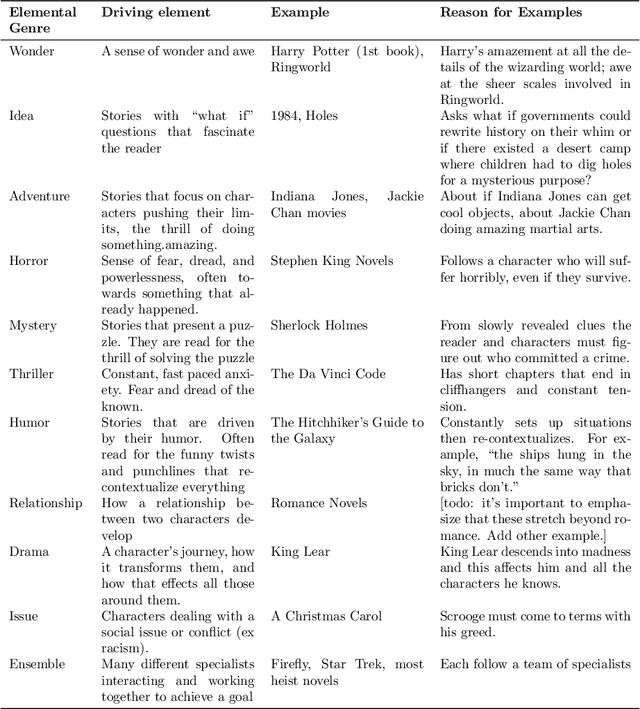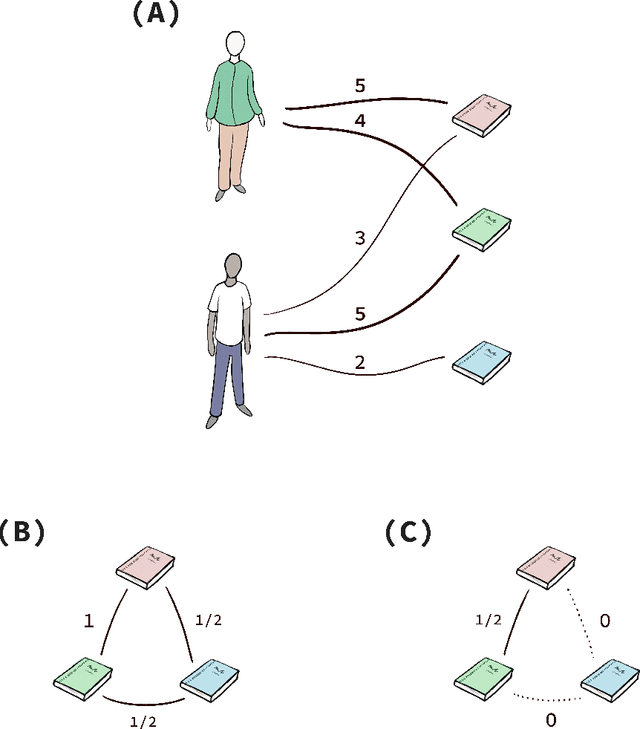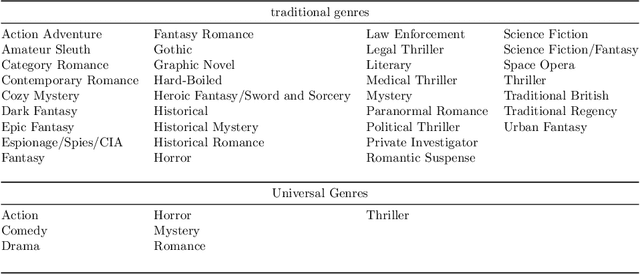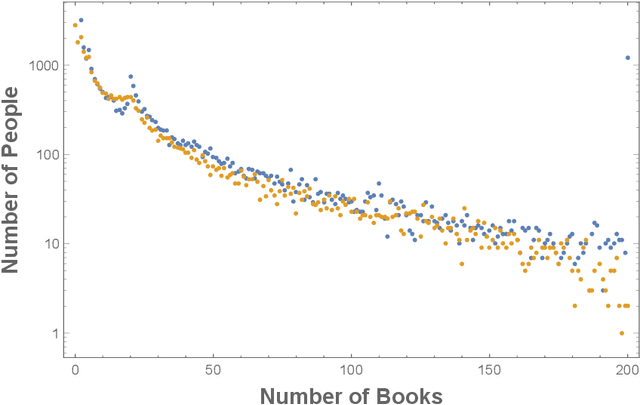Stephen Proulx
Practice Makes Perfect: Planning to Learn Skill Parameter Policies
Feb 22, 2024Abstract:One promising approach towards effective robot decision making in complex, long-horizon tasks is to sequence together parameterized skills. We consider a setting where a robot is initially equipped with (1) a library of parameterized skills, (2) an AI planner for sequencing together the skills given a goal, and (3) a very general prior distribution for selecting skill parameters. Once deployed, the robot should rapidly and autonomously learn to improve its performance by specializing its skill parameter selection policy to the particular objects, goals, and constraints in its environment. In this work, we focus on the active learning problem of choosing which skills to practice to maximize expected future task success. We propose that the robot should estimate the competence of each skill, extrapolate the competence (asking: "how much would the competence improve through practice?"), and situate the skill in the task distribution through competence-aware planning. This approach is implemented within a fully autonomous system where the robot repeatedly plans, practices, and learns without any environment resets. Through experiments in simulation, we find that our approach learns effective parameter policies more sample-efficiently than several baselines. Experiments in the real-world demonstrate our approach's ability to handle noise from perception and control and improve the robot's ability to solve two long-horizon mobile-manipulation tasks after a few hours of autonomous practice.
Revisiting the relevance of traditional genres: a network analysis of fiction readers' preferences
Mar 09, 2023



Abstract:We investigate how well traditional fiction genres like Fantasy, Thriller, and Literature represent readers' preferences. Using user data from Goodreads we construct a book network where two books are strongly linked if the same people tend to read or enjoy them both. We then partition this network into communities of similar books and assign each a list of subjects from The Open Library to serve as a proxy for traditional genres. Our analysis reveals that the network communities correspond to existing combinations of traditional genres, but that the exact communities differ depending on whether we consider books that people read or books that people enjoy. In addition, we apply principal component analysis to the data and find that the variance in the book communities is best explained by two factors: the maturity/childishness and realism/fantastical nature of the books. We propose using this maturity-realism plane as a coarse classification tool for stories.
 Add to Chrome
Add to Chrome Add to Firefox
Add to Firefox Add to Edge
Add to Edge